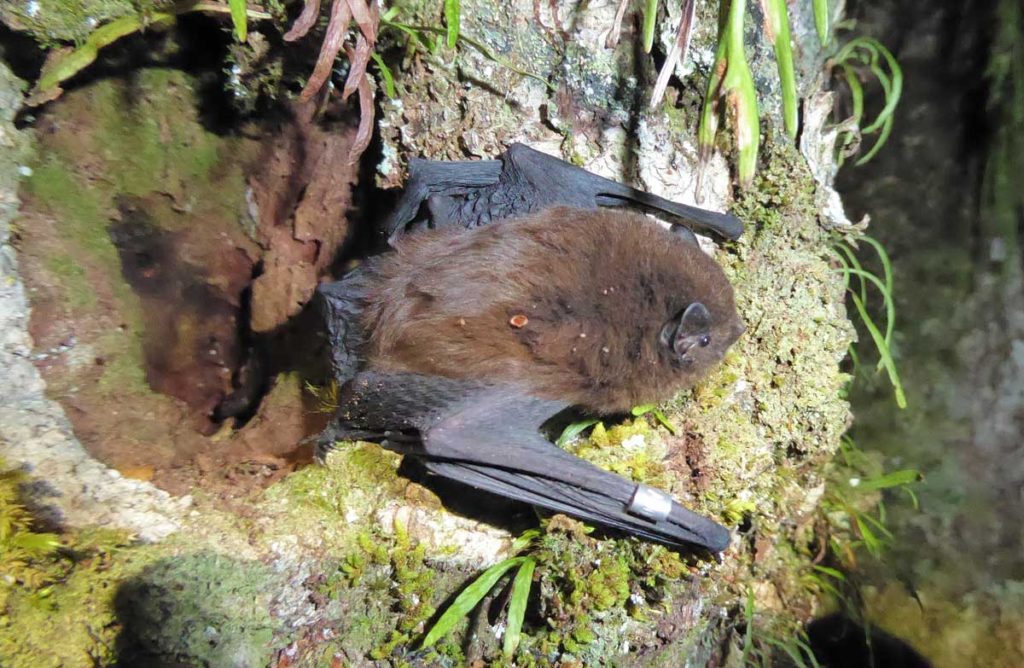For today’s articles, I present a pair of unconventional award winners. First, we will cover an operating system that does not run the Linux kernel that wong a vote that was prompted by the 30th anniversary of the Linux kernel. Second, we will cover a bat winning an award for the best bird.
A Non-Linux Operating System
First, B1 Systems, a German company that provides Linux and open source consulting, training, and support services, held a fundraiser for the 30th anniversary of the Linux kernel. B1 Systems asked people to vote for which open source projects should receive donations. The poll was open from October 5 through October 19.
The winner of the poll was ReactOS, an operating system. One may ask what is unusual about an operating system winning a prize celebrating Linux’s 30th anniversary. Distro Watch explained in a post published on October 20, 2021:
ReactOS is an open source operating system which strives to be binary compatible with Microsoft Windows. It [notably] does not run the Linux kernel.

B1 Systems touted the contest as being for open source projects generally. But in light of the fact that the prompt for the contest was the 30th anniversary of the Linux kernel, an operating system that does not run the Linux kernel taking the top prize is amusing. Humor aside, ReactOS is a very interesting project and I hope to see it grow and become more stable.
Do note that second place was the Ubports project, which is behind the Ubuntu Touch mobile operating system that I covered here on The New Leaf Journal.
Bats are Birds, Apparently
New Zealand holds an annual “bird of the year” competition. People vote on which New Zealand bird deserves the top prize. We like birds at The New Leaf Journal – maybe we need a bird of the year contest too.
But I digress.
In 2021, New Zealand bird of the year voters chose an unusual path, voting for the long-tailed bat as the bird of the year.

One may note that bats, which are mammals, are not birds, and that a bat being bird of the year may be a bit batty. But organizers had good reasons for making the bat an eligible contestant in the competition, notwithstanding the minor issue of bats not being birds.
First, according to the New York Post report on the competition, the long-tailed bat is one of only two land mammals that are native to New Zealand. Second, the long-tailed bat is endangered, and organizers hoped that including it in the bird of the year contest would help raise awareness about its status.
According to the New York Post, some critics of the bat’s inclusion in the contest alleged that New Zealand was attempting to rehabilitate the bat after bats generally were implicated in some general unpleasantness that began in Wuhan, China. Suffice it to say, the long-tailed bat had no role in that general unpleasantness, so it need not feel guilty about its surprising victory.